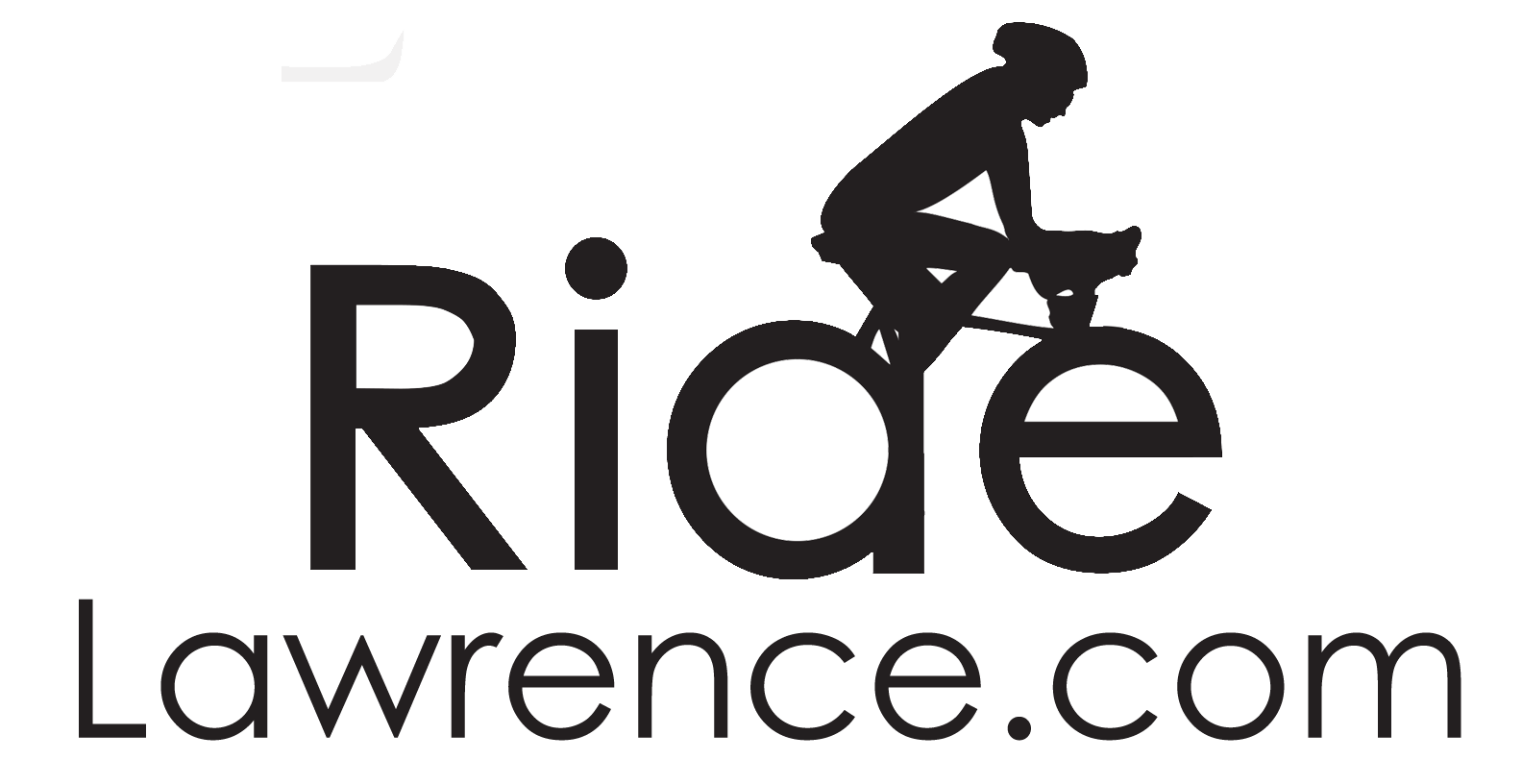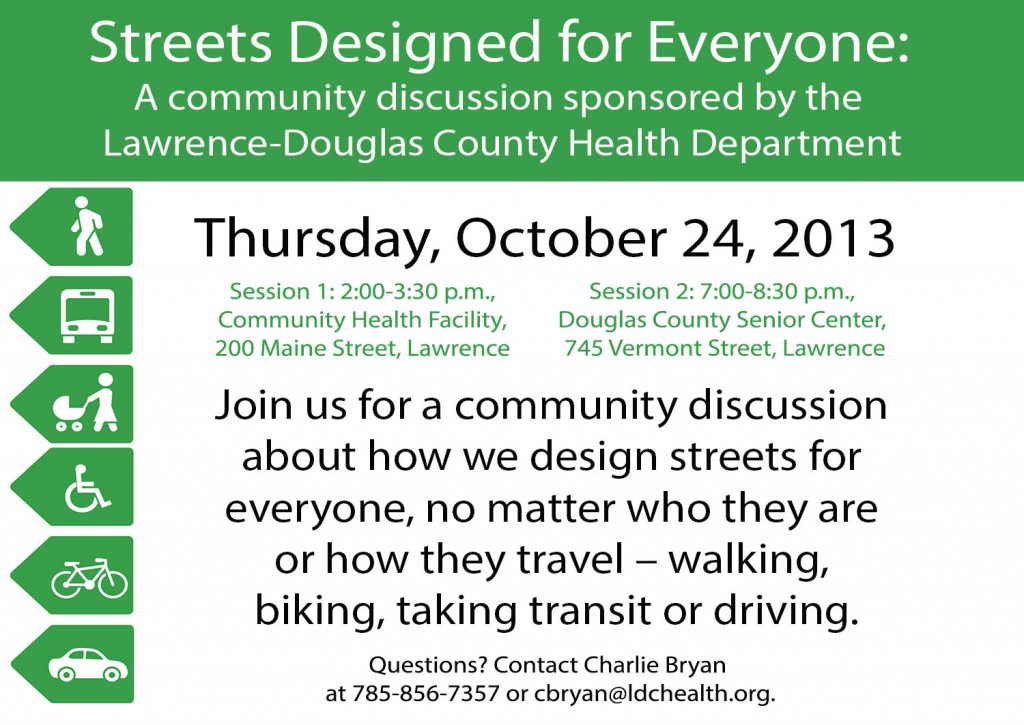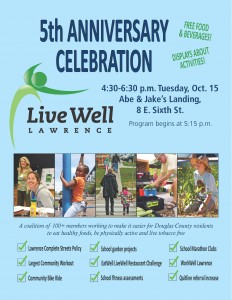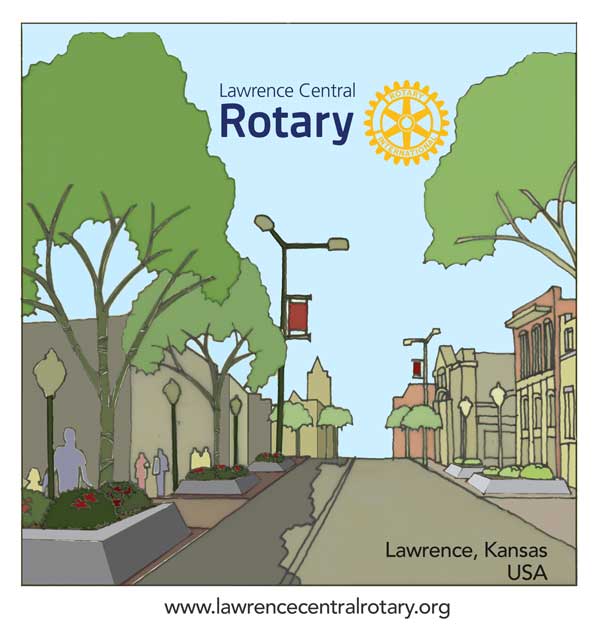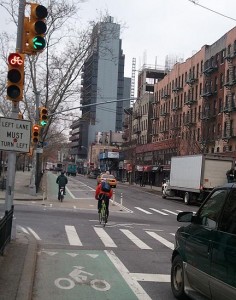
(Yes, the bicycle light had just turned red.)
Here’s a repost from the EcoOptimism site written by David Bergman about the misconception that in order for one person to gain something others need to loose in terms of bicycle lanes.
The great James T. Kirk once said (or is it ‘will say’ since it takes place about 270 years from now?) “I don’t believe in the no-win scenario.” My much less quotable version of this might be “I don’t believe in the zero-sum scenario” — at least not in the case of environmentalism, where I like to point out the many win-win and win-win-win scenarios.
A zero-sum game is “a situation in which a gain by one person or side must be matched by a loss by another person or side.” Because of misperceptions of competing interests, environmental issues are often seen as resulting in, at best, zero-sum results. Gains for the environment, for example, are seen as necessarily won at the expense of jobs or energy prices. Developed countries are pitted against developing countries. You get the idea.
On a smaller — and therefore perhaps more personal — scale, bicycling as an alternative form of transportation often ends up in verbal skirmishes with drivers (played out in the news and, sometimes, the courts), who see bike lanes as stealing space from vehicle lanes, and business owners, who fear shoppers won’t come if they can’t park in front.
There are, of course, some valid complaints about cycling. Here in NYC, there is a sort of Wild West legacy of riding in which cyclists until recently had no safe turf. Hence a fend-for-yourself attitude developed whereby many, especially delivery bikers, would ride wherever and however they could to get where they needed to be. Since drivers gave them no respect, the feeling became mutual. (I don’t, by the way, have any such rationale for cyclists who scare or endanger pedestrians.) Continue reading
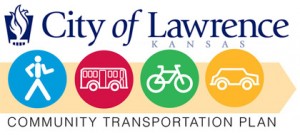 The Lawrence-Douglas County Metropolitan Planning Organization (MPO), in coordination with the City of Lawrence, Kansas, invites you to share your comments on the Multimodal Planning Studies draft reports.
The Lawrence-Douglas County Metropolitan Planning Organization (MPO), in coordination with the City of Lawrence, Kansas, invites you to share your comments on the Multimodal Planning Studies draft reports.